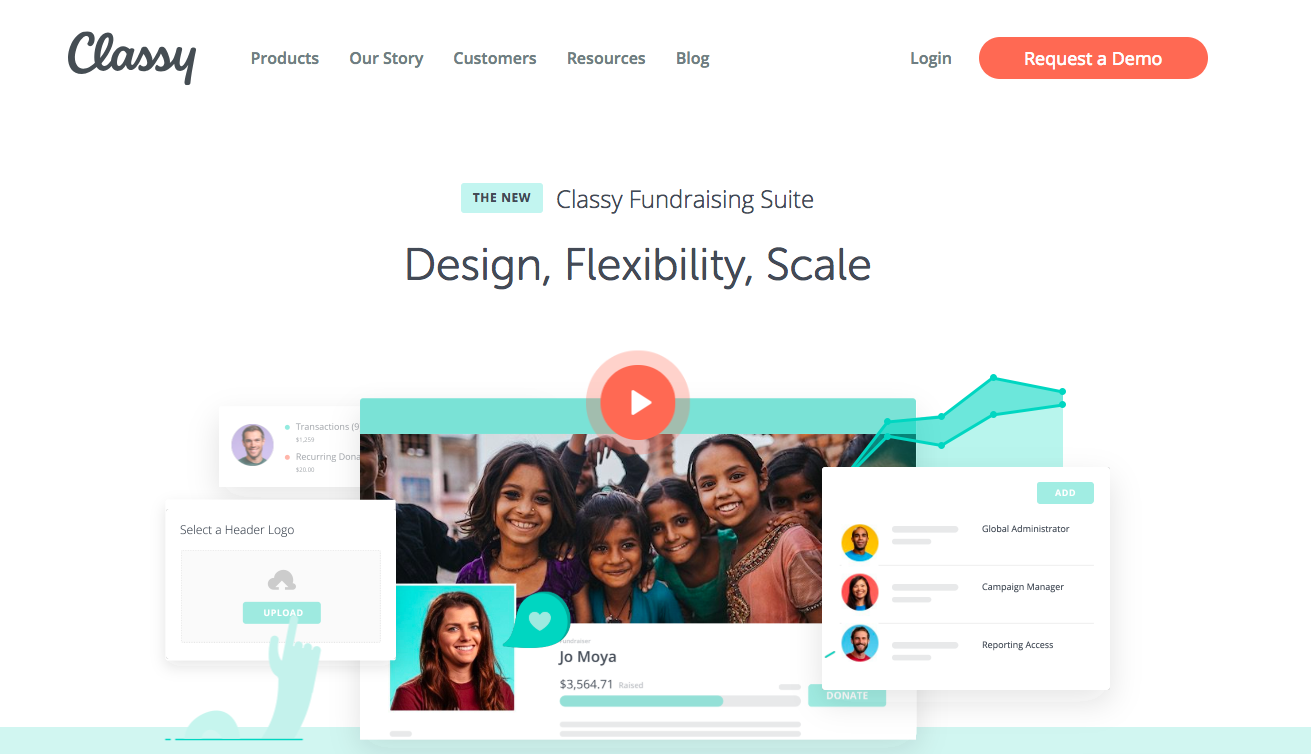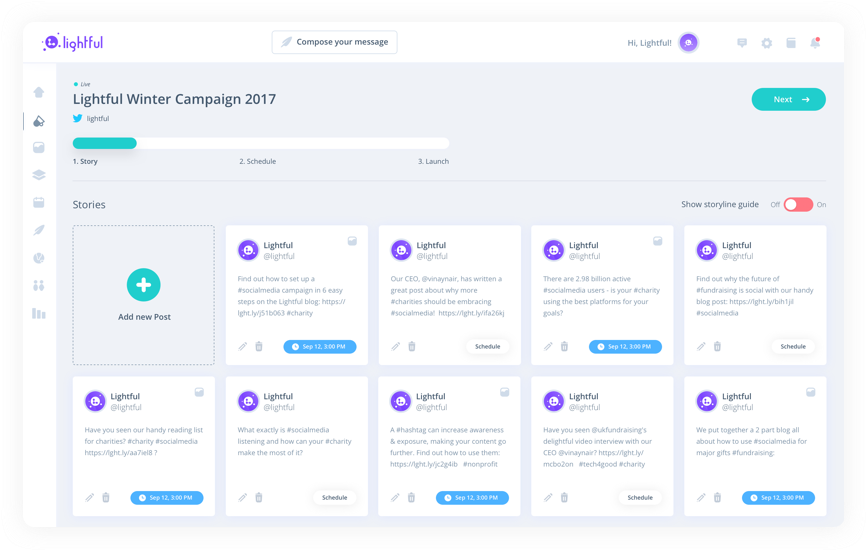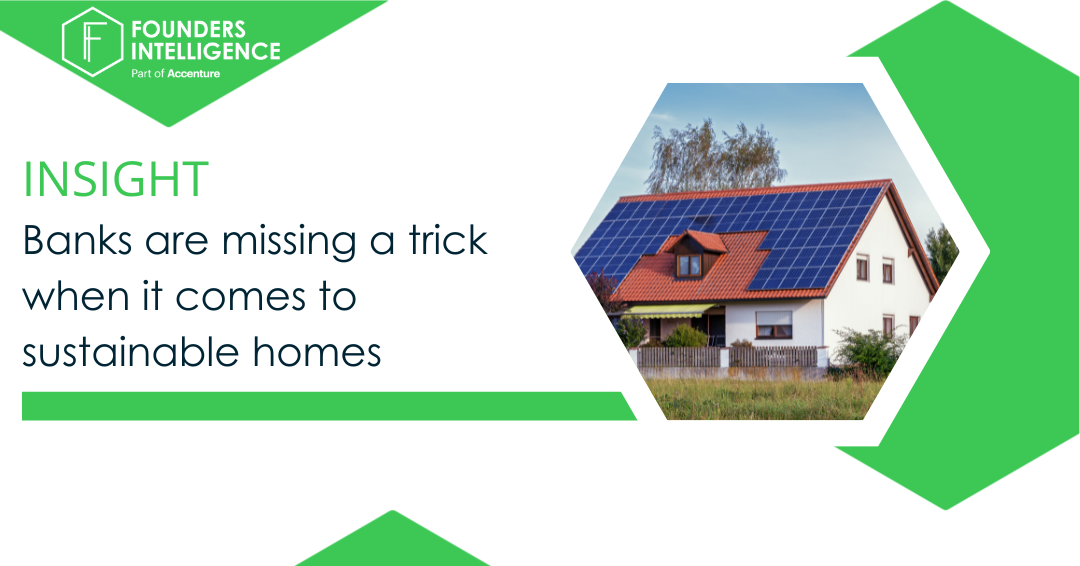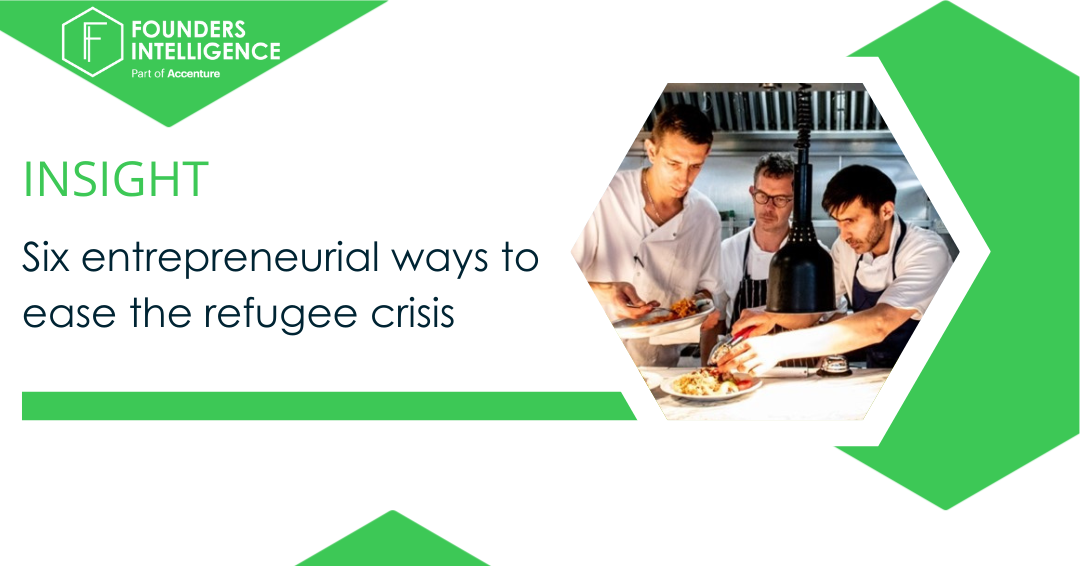Helping nonprofits innovate: 11 start-ups improving fundraising, donor management and impact assessment
Written alongside our good friends at Founders Pledge, the charitable initiative through which entrepreneurs (including the founders of WeWork, Unruly, Klarna & many others) pledge a portion of future exit proceeds to high-impact charities.
GROWTH IN DIGITAL DONATIONS
According to Blackbaud’s 2017 UK Charitable Giving Report, 26% of all individual charitable donations in 2017 were made via social media, mobile applications and websites. This was up 18.5% on 2016.
Despite this new growth coming from digital channels, challenges around fundraising, campaign management, and analytics still stand as significant hurdles for nonprofits. Below, we showcase a selection of startups that target these challenges, creating cost effective means of increasing non-profit performance and impact.
BETTER FUNDRAISING TOOLS
A 2017 Fundraising Effectiveness Project report sampling data from over 10,000 nonprofits found the median donor retention rate for first time donors was 40%. Could fundraising tools be doing more to retain donors, and integrate the initial donor touchpoint with long-term CRM strategies?
1. Classy provides an off the shelf fundraising platform used by Oxfam, the World Food Program, National Geographic and 4k+ other nonprofits. The solution integrates with existing tools such as Salesforce, offering a suite of products across crowdfunding, peer-to-peer donation, and recurring giving. Kesem, a charity that supports children through and beyond their parents’ cancer used the platform to raise an impressive $1.25m in just 24hrs.
2. Alternatively Funraise also offers innovative fundraising tools, supported by data driven donor management services that improve CRM and reporting. The business recently raised $9.7m, with investors attracted to the $100m that has been fundraised by its 400+ customers that include the National Wildlife Federation and Action Against Hunger.

3. Hubbub specialises in technology for non-profit and university fundraising more specifically. Offering three different fundraising strategies: Giving Day Campaigns, Social Ambassadors, and Student Crowdfunding — it provides technology to support a diverse range of approaches.
BRAND NEW FUNDRAISING CHANNELS
Younger generations are widely held to be more socially aware than ever, yet a 2018 CAF Report found that while overall donation amounts increased in the UK from £9.7bn to £10.3bn between 2016 and 2017, this rise was driven by fewer donors giving more, and the lowest donation amounts came from those aged 25–34.
4. Aiming to leverage the potential of digital first consumers where they are, Good Loop launched an ethical video advertising company that give 50% of embedded advertising revenue to pre-chosen causes. The service is available to charities either through existing corporate partnerships (including Unilever brands Knorr and Kit Kat), via influencers, or via partnership with the Good Loop advertising platform.

5. Continuing the tacit giving theme, Percent is an early-stage British start-up that helps consumers donate to social causes via retailers & restaurants. Partners such as Deliveroo and Ping Pong allow a fixed percentage of consumers’ spend to automatically be donated to a charity of the users choice.
Percent users connect their payment card to the application, and any time they use that card in participating sites, the retailer or restaurant donates a fixed percentage to a charity of the users’ choice.
AMPLIFIED BRAND AWARENESS
In 2018, the Global NGO Technology Report found that only 35% of charities have any social media strategy. However, 95% do agree that social media is important for brand awareness.
6. Lightful exists to service this need, providing day-to-day management of concurrent campaigns across platforms. The Hootsuite-style tool focuses on building content stories, and assists with post scheduling and response tracking to ensure a consistent voice across social media platforms and managers.
Since using the platform, Prostate Cancer Research Centre have seen their engagement rate on Twitter grow by 152%. On another campaign, the Woman’s Trust have seen the reach of their Facebook page increase by 96%.

7. For directly boosting the reach of a specific message or campaign, Thunderclap aggregates individual supporters’ social media followers to amplify campaigns.
By posting coordinated messages across thousands of accounts simultaneously, the platform gives campaigns far greater reach than organic or traditional paid efforts could achieve. So far the platform has seen over eight million individuals donate their social media accounts to more than 69,000 campaigns.
INCREASED IMPACT TRANSPARENCY
A major challenge facing the charity sector is how to verify the impact of a donation, and create robust feedback loops between donors charities and recipients.
8. While Classy and Kindful provide excellent general campaign production and management tools, Fluxx offers a grant-making specific product that allows collaboration between grant-makers and grant-seekers. It can track campaign impact, share intelligence, and tweak strategies for maximum effectiveness.
9. Taking this a step further, Alice is an early example in the blockchain-for-good space, having built a tool that allows donors and charities to transparently track social impact, utilising blockchain technology.
The platform claims to allow an individual donation to be tracked from point of receipt to point of utilisation, and the company previously ran a pilot with homelessness charity St Mungo’s to track the process of helping 15 homeless move permanently off the streets in central London.
IMPROVED DATA SCIENCE SUPPORT
A 2016 survey carried out by Every Action found that while 90 percent of nonprofits polled indicated that their organisations collect data, “almost half say they aren’t fully aware of the ways data can (and does) impact their work”. Beyond this, almost two-thirds reported not having a specific staff member dedicated to data management.
10. Attempting to overcome this issue is DataKind, a platform and community established to connect causes with a global network of data scientists, to leverage algorithms and emerging technologies to tackle social problems.
A recent DataKind UK project assisted Welsh homelessness charity Llamau to help understand who benefitted from the organisation’s services. The work provided valuable insights, including confirming anecdotal beliefs that outcomes were less positive for young males with previous experiences in the care system.
11. For larger, paid projects, Bayes Impact is an NGO data science team focused on assisting with social impact challenges around health, justice and unemployment. In attempting to tackle France’s 10% adult unemployment rate, Bayes has partnered with the French government to launch a free, open-source application that empowers jobseekers to better discover new employment opportunities.

